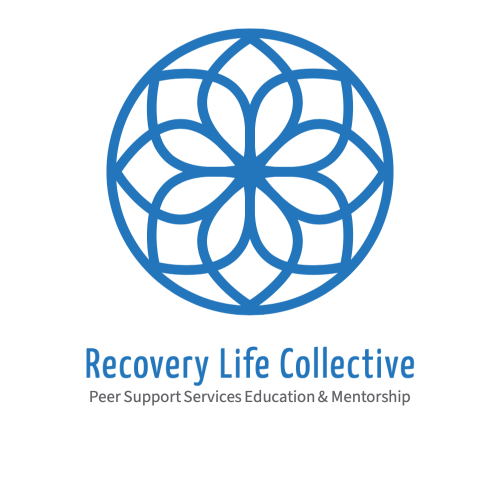Recovery Oriented Systems of Care (ROSC)
Long term recovery can be achieved and managed based on the philosophy of individual choice. Self-determination and self-advocacy are honored and adhered to throughout the mentoring process. Harm-reduction initiatives and recovery treatment options are presented with the individual making the final choice as to whether or not to engage.
Abstinence Based
Traditional pathways such as Alcoholics Anonymous or Narcotics Anonymous whose goal for the individual is complete abstinence usually through 12 step spirituality
Mutual Aid
12-Step Fellowships - Alcoholics Anonymous, Narcotics Anonymous
All Recovery
Al-Anon for family menbers
Spiritual based groups
Mental Wellness Groups
Harm Reduction
Programs that encourage safer usage habits or a step down in frequency or risk associated with substances used
Safe usage sites with available Narcan in the event of an overdose
Needle exchange programs
SMART Recovery (Self Management and Recovery Training) may also be considered a harm reduction program
Professional
Clinicians treat addiction as a disease
Counseling options can target underlying issues
Specialized treatment is provided including Medicated Assisted Treatment
Solo
The largest group of people who possess substantial recovery capital - the total resources a person has to find and sustain recovery (personal, social, community, cultural).
Often a more holistic oriented approach to achieving recovery including: mindfulness, relapse prevention, nutrition, fitness and spirituality.
Holistic
Non-theistic pathways that focus on Buddhist principles of self-reflection, self-inventory, meditation and mindfulness, forgiveness and healing.
Refugee Recovery is one prominent example
Mutual Aid Groups












